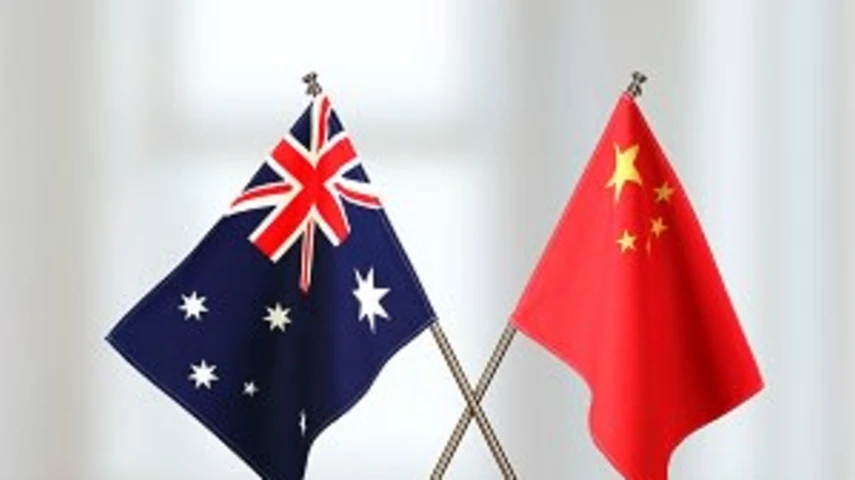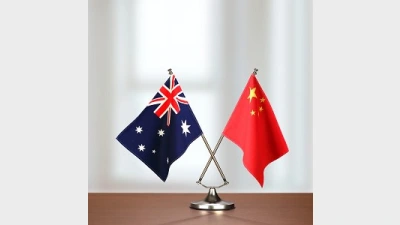Unpacking China’s new economic focus



Despite changes to China’s economic direction, Australia should expect a large increase in demand from China for consumer goods and healthcare as their middle class continues to rise.
Speaking at the CFA Societies Australian Investment Conference, Jing Li, senior economist at AustralianSuper, said China had changed its economic focus from growth to economic and social fairness, self-reliance and national security, financial de-risking and environmental protection.
“We expect that these four new themes will dominate all policy moves in China, and as an investor, it is almost always important for us to be in line with China's national themes,” said Li.
She said the degree and pace of China’s crackdown on its tutoring sector and its anti-monopoly campaign had exceeded market expectations but were indications of China’s new strategies.
“So we think the best way to understand China, to understand the above puzzles, is to take one step back and think about what China really wants,” said Li.
“So domestically, it's all about social and economic stability, which can only be achieved by sustainable improvements in people's livelihood, not only from the economic side, but also [through other things] such as social equality, environmental protection.”
Li said China’s aim was to expand its global influence as a respected regional and global player through deepening its trade relationships to raise the cost for countries if they chose to go against China’s interests.
But its ageing population, declining return on capital investments, heavy debt burden and rising tensions between the United States and their allies, were constraining China’s growth and causing it to pursue new economic strategies.
According to Li, AustralianSuper expected China’s economy to gradually evolve toward a consumption driven model which would cause less demand for commodities and more geopolitical fence sitting from Chinese investors and enterprises.
And finally, it would be more difficult to buy good Chinese companies listed in overseas markets, according to Li, as the firms in line with China’s national interests would more likely be listed on Chinese exchanges.
Recommended for you
Evidentia’s chief investment strategist Nathan Lim has announced his retirement after a 30-year career.
GQG Partners has marked its fifth consecutive month of outflows as its AI concerns lead to fund underperformance but overall funds under management increased to US$166.1 billion.
Apostle Funds Management is actively pursuing further partnerships in Asia and Europe but finding a suitable manager is a “needle in a haystack”.
Managed account provider Trellia Wealth Partners, formed from the merger between Betashares and InvestSense, has appointed its first managing partner.










